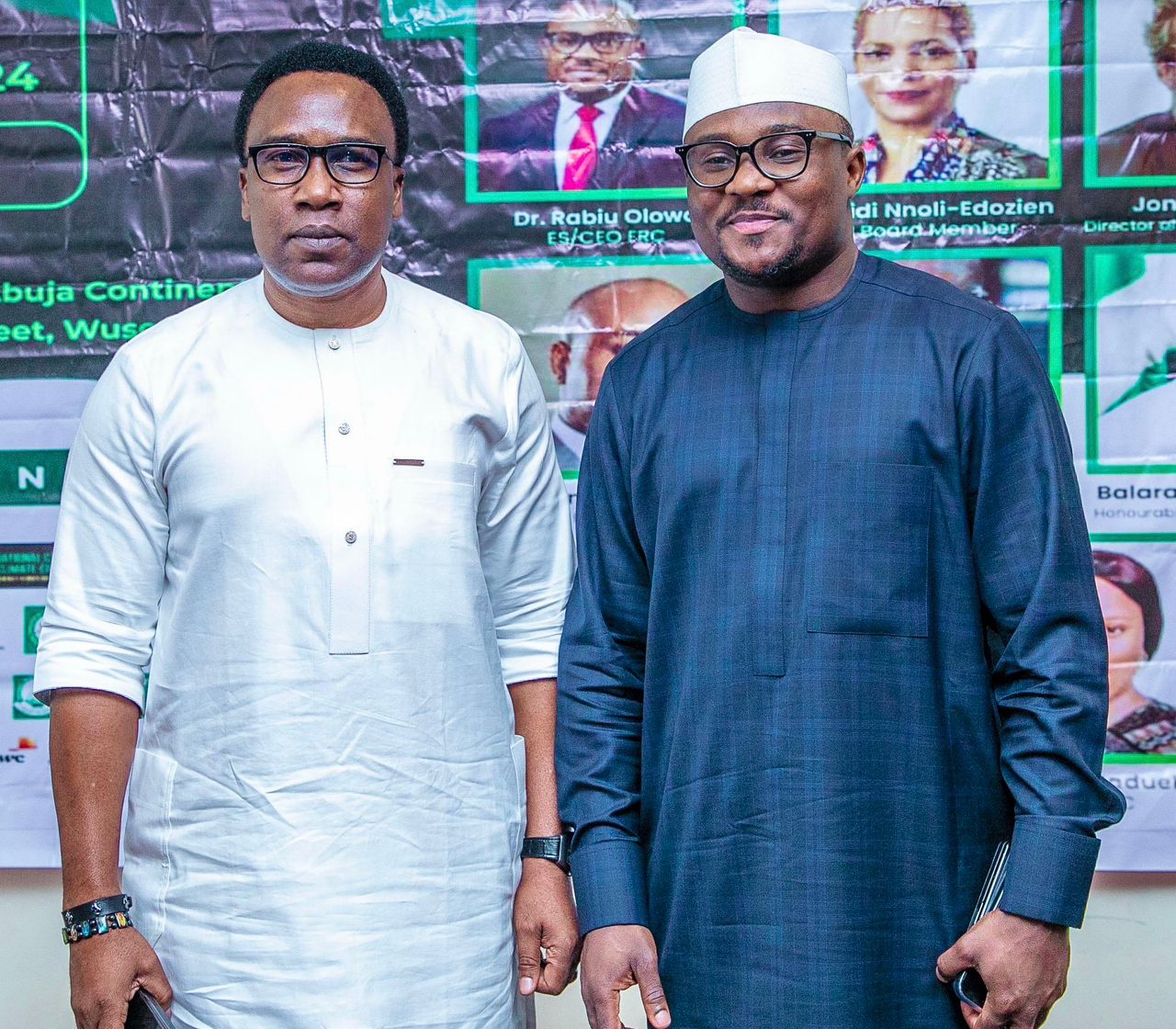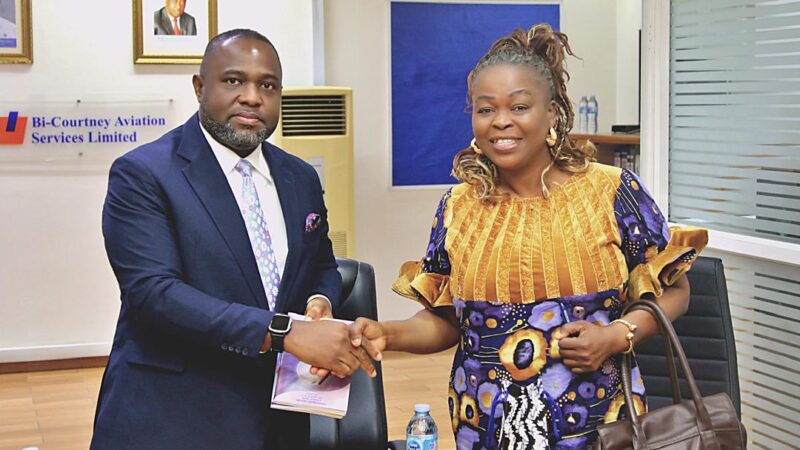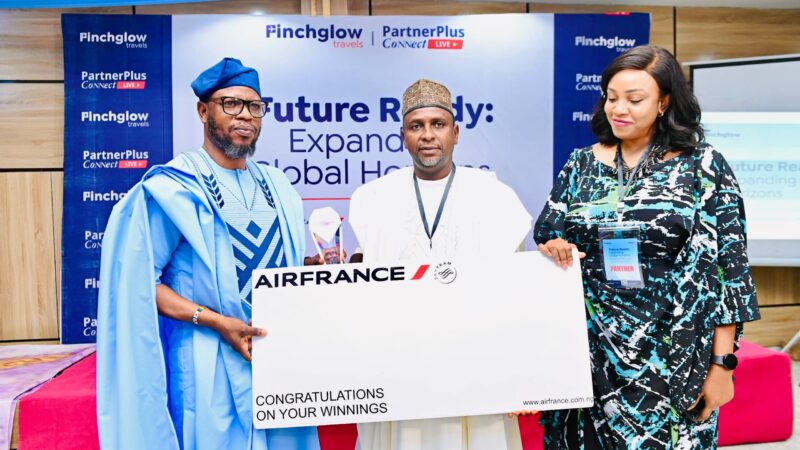NiMet DG Calls for Integration of Climate Risk Management in Financial Reporting at ISSB Regulatory Roundtable

The Director-General and Chief Executive Officer of the Nigerian Meteorological Agency (NiMet), Prof. Charles Anosike, has urged financial regulators and stakeholders to embed climate risk management into their financial reporting frameworks.
He emphasised this call during his address as the guest of honour at the Regulatory Roundtable on the implementation of the International Sustainability Standards Board (ISSB) sustainability reporting in Nigeria, organized by the Financial Reporting Council of Nigeria (FRC).
The roundtable, held on Thursday, August 15, 2024, brought together key figures in the financial sector, with Prof. Anosike commending the FRC and its Executive Secretary/Chief Executive Officer, Dr. Rabiu Olowo, for their pivotal role in spearheading the initiative.
“This is a great feat by the FRC and the Executive Secretary/CEO, Dr. Rabiu Olowo,” Prof. Anosike remarked. “I have been in the sustainability profession for quite a while now, and we couldn’t get this done over ten years ago.”
Addressing the pressing need for climate risk management, Prof. Anosike highlighted the growing recognition of climate change as a critical issue for financial institutions.
He noted that climate change is a “threat multiplier,” requiring a new approach to risk that accounts for both uncertainty and human-induced factors.
“The systemic risk of climate change explains why it is in the interest of regulators to ensure that climate risks, both current and future, are identified and disclosed by institutions,” Prof. Anosike stated.
He further emphasized the strategic importance of integrating climate risk management, particularly in the context of transitioning to a net-zero economy.
“It is incumbent for financial regulators to include environmental factors such as accounting for precipitation and temperature variability, in addition to water availability and the overall climate science that supports adaptation and mitigation measures,” he added.
Prof. Anosike expressed his gratitude to Dr. Olowo and the FRC for their commitment to involving NiMet in these critical discussions.
He affirmed that the Nigerian Meteorological Agency is ready to provide the necessary climate science to support adaptation and mitigation efforts.
“The Nigerian Meteorological Agency provides climate science that supports adaptation and mitigation measures and stands ready to support this project,” Prof. Anosike concluded.
The roundtable marks a significant step forward in Nigeria’s efforts to integrate sustainability and climate risk management into its financial reporting practices, aligning with global standards and the growing urgency to address climate change impacts on financial stability.







